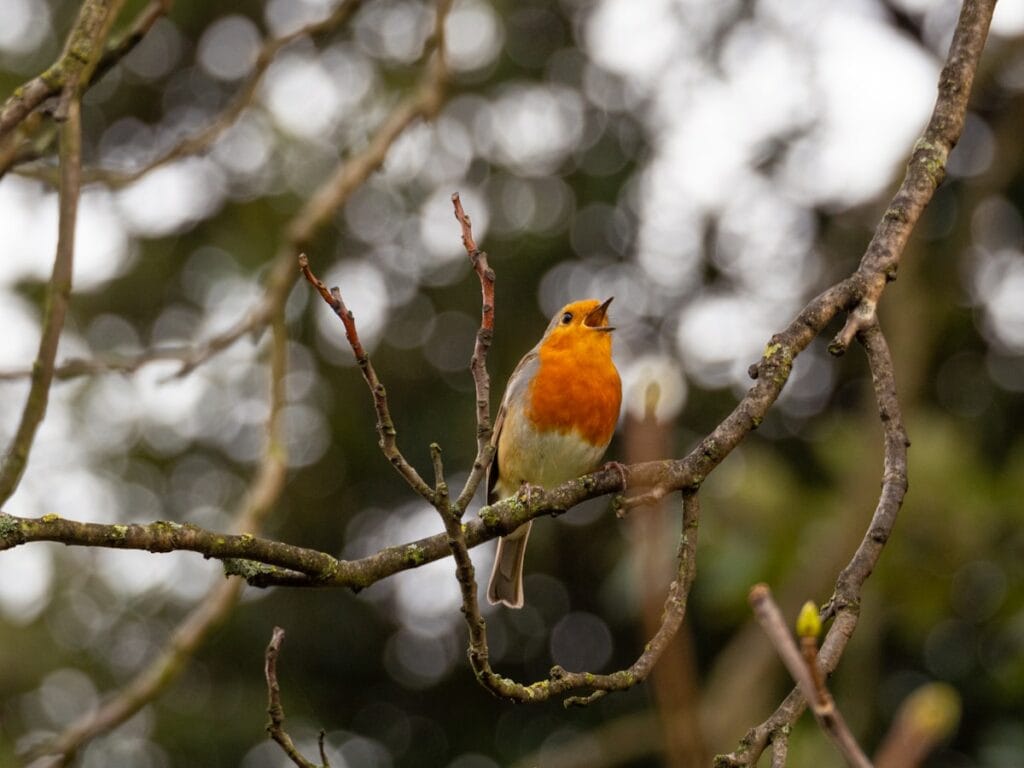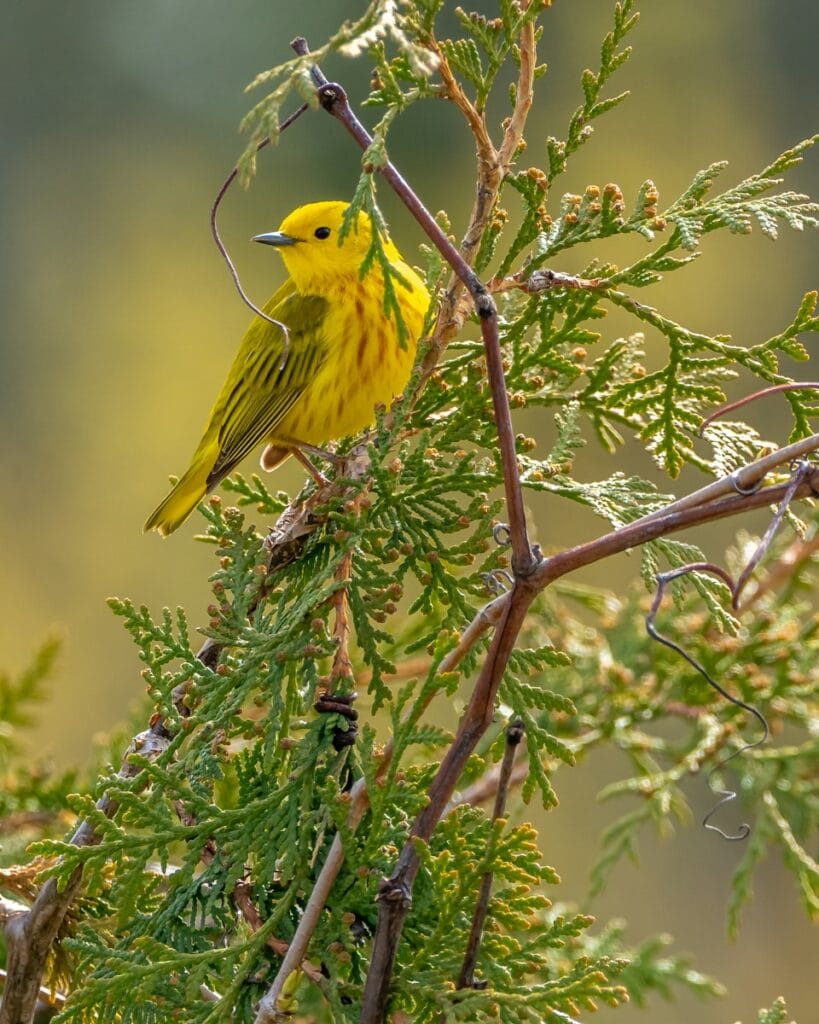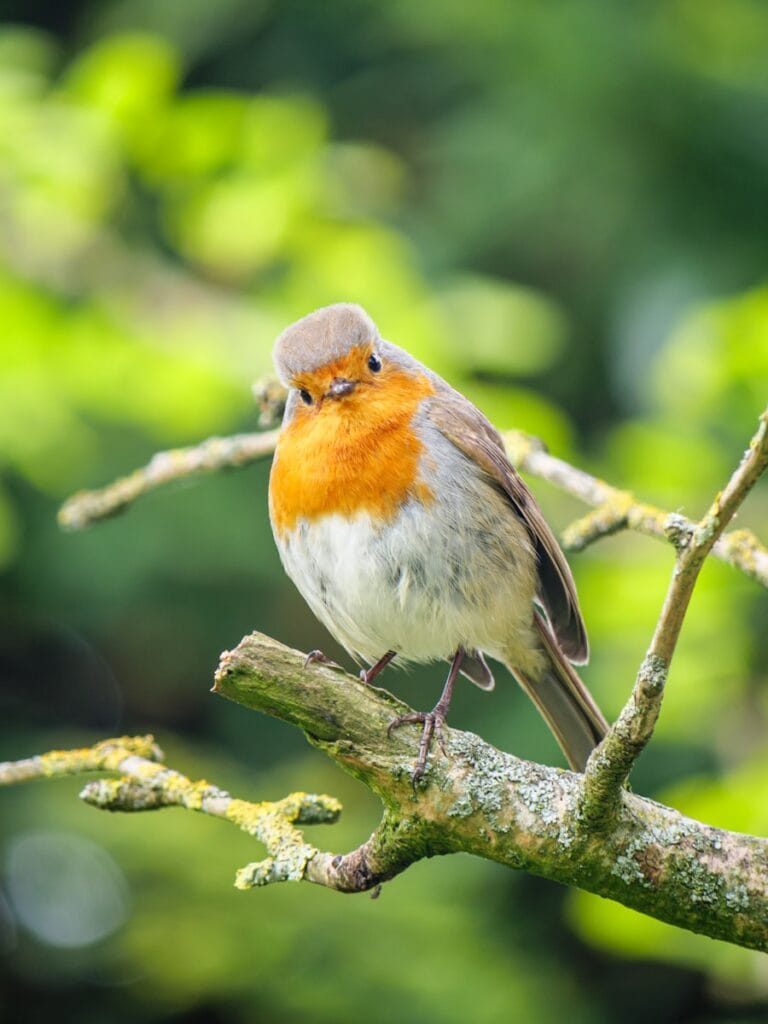Birds Sounds – An Echo Therapy to Reduce Your Stress Level
Scientists have found that hearing birdsong can significantly reduce stress, improve mood Birds Sounds offer a simple, natural antidote to stress. Considered to be a very effective Echo Therapy, random birds sounds never fail to reduce your stress level.

You sit down, close your eyes and within seconds your mind starts racing. Grocery lists. Old conversations. Things you regret. Things you’re afraid of. For many people, meditation is a struggle. The pressure to “clear your mind” becomes another item on the list of things you’re failing at. And before long, you’re opening your eyes, checking your phone, and telling yourself: “Maybe I’m just not cut out for this.”
Birds Sounds Help You Emptying Your Busy Mind

If that sounds familiar, you’re not alone. Meditation, in its traditional form, can feel intimidating or even frustrating, especially if you’re carrying a lot, mentally or emotionally. But the truth is, meditation helps you emptying your mind and there are many gentle ways to do that. One of the most natural, accessible and healing is random listen to birds sounds. When you turn your attention to birdsong, you’re shifting your awareness from the noise in your head to the presence of something outside yourself.
Random Echo Therapy Listening to European Robin
Unlike many songbirds that fall silent outside the breeding season, the European Robin sings year-round. Even in the cold, dark months of winter, when most of nature has hushed, the robin’s sweet, melodic notes can still be heard echoing through frosty gardens and hedgerows.
Its song is a soft, meandering stream of silvery phrases—at times wistful, even mournful, with delicate trills and fluting tones that seem to rise from the stillness. There’s something deeply human in its voice: not showy, not flashy, but honest. It doesn’t demand attention—it invites it.
Robins sing for territory and companionship, not just survival. Both males and females sing, which is relatively rare among European birds, and their song often seems more about presence than performance.
What makes the robin especially endearing is its boldness. Unlike many birds that flit away at the first sign of movement, robins often hop close—curious and unafraid. In gardens, they’re known to follow gardeners around, picking through turned soil for worms and insects. In forests, they’ll perch nearby and watch you quietly, as if sharing the moment.
This familiarity, along with their gentle appearance and musical voice, has made robins one of the most cherished birds in European culture.
In many countries, the robin is associated with hope, renewal, and even the souls of loved ones who have passed away. The phrase, “When robins appear, loved ones are near” is a common sentiment in the UK and Ireland, where robins are often seen as spiritual messengers. They’re also a popular symbol on holiday cards and decorations, perhaps because they bring life and colour to the darkest days of winter.
When you listen to a robin sing you experience a moment of calm. Its voice seems to slow time. Without effort, you begin to feel more grounded. the robin offers something far more meaningful than just a song, it offers connection to nature, to memory, to something still and steady within yourself.
Let Birds Sounds Reduce Your Stress Level
With every rise and fall of a melody you’re anchoring yourself in the moment, without even trying. Birds offer you the chance to listen in peace. And for those who feel like they’ve “failed” at meditation, listening to birds can be a revelation. It’s a form of mindfulness that doesn’t feel like work. You don’t need to be good at it. You don’t need training. You just need to step outside or open a window, and let yourself be curious. Let yourself soften.
Listening to birds sounds can shift something in your attention span and bring you into a quiet space, where healing begins. The weight on your shoulders will start to feel a little lighter. As you remember you are not separate from the world, but part of it, the level of stress you are under, will start restoring a sense of wellbeing.
Listening deeply to the sounds of birds is one of the most gentle yet powerful forms of meditation. It requires no special equipment, no difficult postures, no rituals—just your presence, your attention, and the willingness to pause and receive. In a world saturated with noise, demands, and distraction, turning your awareness to the natural orchestra of birdsong is like stepping into a sanctuary where time slows, breath deepens, and the heart finds a quieter rhythm.
European Echo Therapy with Robin

The European Robin (Erithacus rubecula) is one of the most beloved birds in Europe—instantly recognizable by its warm orange-red breast, gentle presence, and hauntingly beautiful song. Though small in size, the robin carries a powerful emotional resonance for many people. It is a symbol of comfort, a sign of the changing seasons, and for some, even a spiritual messenger.
But beyond the symbolism, the robin is simply a remarkable little creature with a song that has the power to quiet the mind and stir the heart.
The psychological benefits of listening to birdsong are quietly profound. You don’t need to be an expert birder, or spend hours in the forest, or even know what species you’re hearing. Simply being exposed to the natural chorus of birds—even casually, as you walk through a park, open a window, or sit in your garden—can have a measurable impact on your mental wellbeing.
Studies in environmental psychology and mental health consistently show that listening to birdsong can reduce stress levels, restore emotional balance and improve mood. The sounds of birds are non-threatening, rhythmic and often melodious, qualities that gently nudge your nervous system away from fight-or-flight mode and toward a more restful, restorative state.
In one study, participants who listened to recordings of birdsong reported lower levels of anxiety and a greater sense of calm, even when they were not in natural environments. Another study found that people exposed to birdsong experienced greater attentional restoration, meaning their cognitive fatigue improved and they could focus more easily after hearing bird sounds. The science is still catching up to what so many of us feel instinctively: birdsong brings us back to ourselves.
Even brief encounters can be impactful. A few minutes of birdsong in the morning or on a lunch break. The chatter of sparrows as you wait at a bus stop. The call of a blackbird just before dusk. These moments reconnect us—not only to nature, but to a gentler pace of mind.
And as you begin to notice the sounds, something else begins to happen. Your awareness sharpens. You start to see more. The flash of wings. The hop of a bird in a hedge. The way the trees hold their own quiet. In listening, you come back to the present moment—and with it, a deeper enjoyment of the world around you.
It’s simple. It’s free. And it’s healing. Listening to birdsong won’t solve every problem, but it may ease your breath, soften your thoughts, and help you remember that even in a complicated world, there is still beauty singing somewhere near.
We often search for complex solutions, therapies, or grand transformations. But sometimes, the deepest healing begins in the simplest of places: a quiet morning and the sound of a bird singing somewhere nearby.
Let that be your meditation. Let that be a new beginning.
Do you want to share your story and inspire our readers ? Know that YOUR EXPERTISE is paving the way for a fairer, happier society.



